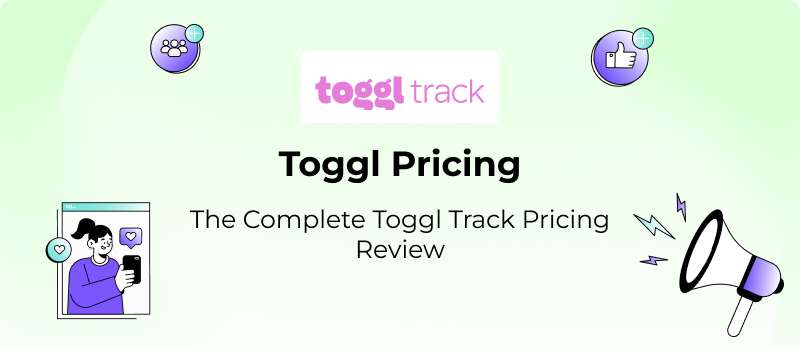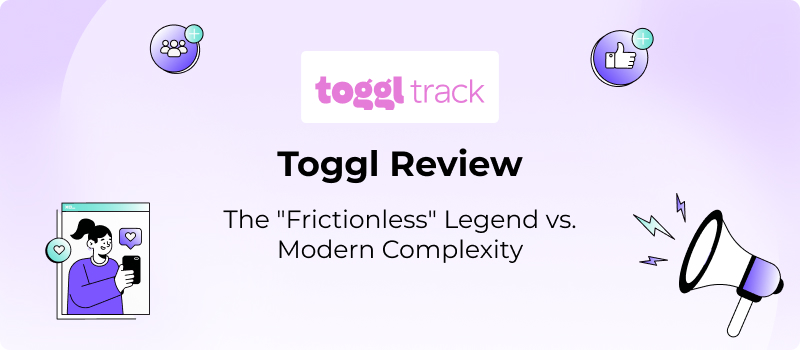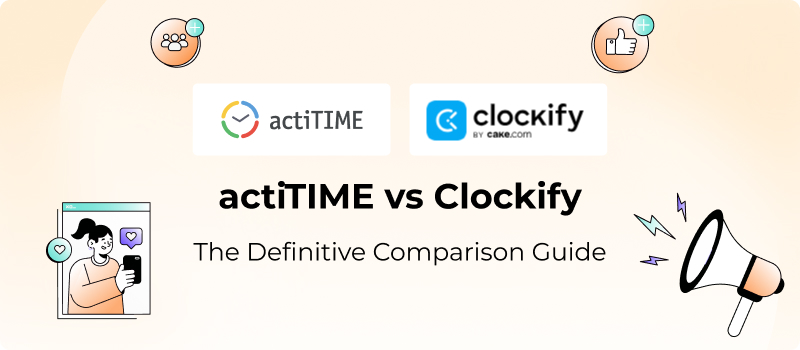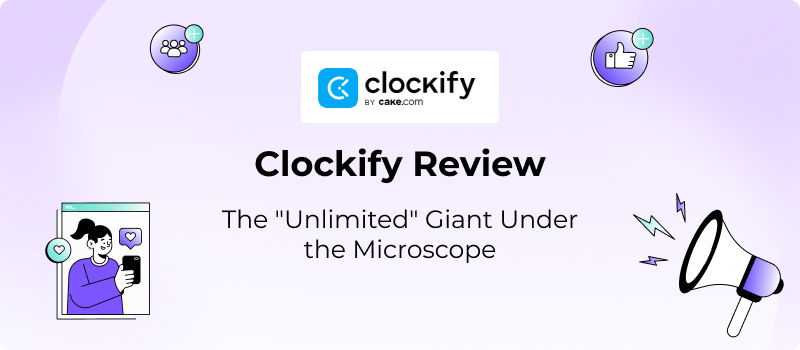
We live in a world where juggling multiple projects has become a norm. In fact, statistics reveal that some project managers handle as many as ten projects simultaneously! That’s pretty impressive, but it’s not without its challenges.
Diving deeper into the numbers, we see that 19% of managers report feeling overwhelmed; 65% struggle with perfectionism, while 35% admit that finding time for thorough preparation is a real challenge.
One project manager shared their experience with RGPM, saying, “I don’t enjoy managing multiple projects, especially as the majority of my projects do not interlink, they are separate work areas with separate teams. Day to day, things are always a rush, and I don’t have the time to really understand the topics of work, the projects themselves and get to know the teams well enough. It always feels like you are at the surface level. There is no time to plan properly in order to get ahead of situations, and feels like it’s a constant battle of issues arising.”
How Managing Multiple Projects Can Increase the Risk of Failure
We analyzed a bunch of researches and surveys across the web to find out some of the significant risks that come with juggling multiple projects.
- Stress: Stress is the biggest risk when you’re managing a bunch of projects at once. When stress becomes unmanageable, it causes burnout, which further impacts team dynamics and productivity.
- Delays: Handling numerous projects overextends your resources, leading to missed deadlines and derailed project timelines.
- Budget Overruns: As projects drag on, costs pile up. Longer timelines usually mean more expenses, which can blow your budget and hurt your ROI. In some cases, if things get too delayed, you might even have to hit pause on projects altogether.
- Poor Final Product Quality: Rushed work often leads to subpar results that don’t meet the desired standards. Even if a project is completed on time, the quality may suffer, ultimately failing to deliver the expected outcomes.
- Technical Debt: In the hustle to complete tasks, you might end up taking shortcuts instead of going for solid solutions—especially in tech projects. This can result in technical debt that will need to be addressed later—often at a greater expense than if the right decisions had been made initially.
- Conflicting Priorities: With so much going on, project managers and their teams have to make tough calls about what to prioritize. It ususally means that some projects are pushed aside, which causes stagnation and further complications down the line.
- Stakeholder Dissatisfaction: And lastly, when projects fall behind schedule or exceed budgets, stakeholders are likely to get frustrated. This can strain relationships and increase the potential for conflict, making it even more challenging to manage ongoing projects effectively.
12 Secrets of Multi-Project Success by Elizabeth Harrin
To provide valuable insights, we reached out to Elizabeth Harrin, a renowned project management expert and an accomplished public speaker, willingly sharing her knowledge on stakeholder engagement, project management careers, and productivity.
Elizabeth has authored several influential books in the field, including “Project Management in the Real World,” and is running the award-winning blog “Rebel’s Guide to Project Management.”
We asked Elizabeth to share her approach to dealing with multiple projects effectively.
#1 What key strategies do you recommend for managing multiple projects simultaneously?
Elizabeth Harrin: First, you need solid project management skills so you can do the job of a project manager with ease. In other words, you understand the basics of project management and can apply them efficiently.
You don’t want to have to keep looking up how to create a Gantt chart or wondering what process or form to use for the next part of your work. Being comfortable with the basics of managing a project is a prerequisite.
Then, use my planning method to create a personal portfolio:
- Block out as much time in your calendar as you can to review your actual workload.
- Compare actual workload to hours available to work.
- If the two match up, great, the challenge is making the best use of your time so you aren’t constantly task-switching and firefighting. If the two don’t match up, talk to your boss about reducing your workload, as you will burn out.
#2 How do you prioritize working with tools, teammates, and stakeholders when everything is top priority?
Elizabeth Harrin: I prioritize between projects. There are a lot of different ways to prioritize work, and in practice, you’ll probably use a few different approaches in parallel.
Different projects or buckets of work may require different techniques. Popular methods for prioritizing work include:
- Professional judgment,
- The Eisenhower matrix,
- MoSCoW,
- Value vs complexity.
#3 What techniques do you use to manage your time effectively when juggling several projects?
Elizabeth Harrin: There are so many techniques for time management. Personally, I transfer key dates to my calendar, make sure I have transition time between meetings wherever possible, block time for common tasks, and make sure I’m clear on my priorities so every project gets some focus during the working week. I know other people have had success with the Pomodoro technique.
#4 What role does team communication play in managing multiple projects, and how do you facilitate it?
That’s why it’s so important to have a solid communication plan in place. This plan should outline how team members will communicate with each other and with you, the project manager. It should also include guidelines for how often team members should communicate and what topics should be covered.
Elizabeth Harrin: Projects are done through people. You need people to support you on your projects, and if you’ve got more than one on the go at any time, there is normally a point where you have to make trade-offs. Trade-offs, unforeseeable issues, and problems are easier to manage if you have good relationships with your colleagues, project sponsors, and leaders.
If they trust you to get the job done, and they trust you when you say there’s an issue, the whole juggling act of keeping all your balls in the air becomes easier. They still might give you a hard time, but underneath it all, they know you’re approaching the challenges with good faith and that you aren’t being deliberately difficult to cover something up. Transparency matters!
If you’ve got good stakeholder engagement and positive relationships at work, you end up with more input to projects and, ultimately, better quality results. You get more commitment to the deliverables. You get people paying more attention to your projects, and you get people doing what they need to do, which helps everything keep moving so projects don’t get stuck.
More engagement means more people follow through on their tasks, and they also commit to the process. It’s one thing to say, ‘we really want this project.’ It’s another thing to say ‘we really want this project, and we’ll support delivering it through project management best practice processes.
#5 How do you decide which tasks to delegate and which to handle personally?
However, deciding which tasks to delegate can be a challenge, especially if you lack understanding of your own priorities.
Elizabeth Harrin: I would recommend that project managers delegate as much as possible when they are feeling overloaded! However, most of project management is ‘our’ job, so it feels wrong to me to delegate things that fall within my job description. Therefore, I try to make sure I’m not ‘doing’ on the project, but managing the project instead.
If you are lucky enough to work with a PMO analyst or project coordinator, there is a lot of admin in project management that can be delegated, like meeting setup, minutes, agenda creation, workshop facilitation, updating schedules and logs, and generally holding the project manager accountable.
#6 How do you handle unexpected changes or challenges that arise in one or more projects?
Elizabeth Harrin: As with any change, you have to understand what is being asked for or what has gone wrong. Then consider how it can be resolved or incorporated into the plans if it is a change you feel should be implemented.
I think taking a big breath and clearing your diary can help—often, an hour or two of focused work and conversations with key stakeholders will create some clarity, and you’ll work out what you have to do next.
#7 What methods do you use to monitor the progress of multiple projects without becoming overwhelmed?
However, this can be daunting, especially if you’re trying to keep track of progress, identify potential issues, and stay on schedule with several projects at once.
Elizabeth Harrin: I use milestone plans to monitor progress. Often, it’s too complicated to have detailed plans when managing multiple projects, so tracking key milestones week by week is a good alternative.
#8 How do you evaluate the success of each project while managing several at once?
Elizabeth Harrin: This is just about finding the time to do the evaluation – or perhaps that can be delegated to someone else? If your organization holds the business owner accountable for results, they can complete a benefits analysis.
The lessons learned meetings for several projects can be combined if it makes sense to do so, for example, if the stakeholders are the same or the projects are very similar and run in parallel.
#9 Do you agree that automation can make project management less challenging, and to what extent?
Elizabeth Harrin: Yes, automation can make project management less challenging in that it frees up time away from routine and repetitive tasks so we can focus on value-driven tasks instead.
#10 What self-care practices do you incorporate into your routine to maintain mental clarity and focus? How do you avoid burnout?
Elizabeth Harrin: I use the Finch app to focus on small goals, and I have a lot of help – both in my own consulting business, in my day job, and at home!
#11 Is there a method to make delegating tasks among team members more effective?
Elizabeth Harrin: Your first step in delegating effectively is to believe that it is your job and your right to delegate work to other people.
Then, you need people to delegate to. On a project, that could be your workstream leads, subject matter experts, or a project coordinator. Get the best people you can.
- Explain the work. Spell out what you want: “I’d like you to take responsibility for preparing the monthly project report from now on.” Don’t hint. Tell.
- Check you’re understood. Check understanding at each step of the way: ask them to summarize what you’ve asked them to do.
- Monitor and follow up. Ask if they have questions. Periodically check in over the time that they have to complete the task to ensure that work is progressing as planned.
Once the work is complete, thank them and debrief informally so that you can both be better at giving and receiving assignments next time. That’s effective delegation!
#12 What advice would you give someone who is just starting to automate managing multiple projects? What processes need to be automated first?
Elizabeth Harrin: I don’t think you ‘automate managing multiple projects.’ I think you can automate processes that are used by several projects.
The processes I’d start with are the ones with high degrees of repeatability and standardization, for example, project approvals or project creation— where there are a number of steps that have to happen, and it’s straightforward to plot a workflow.
The answer is going to be unique to each individual organization depending on how mature processes are.
Summary: How to Manage Multiple Projects Without Getting Frustrated
Now, let’s breadown Elizabeth’s recommendations to see how to implement them effectively:
- Master Core Project Management Principles: Familiarize yourself with essential tools and processes to apply them effortlessly.
- Create a Personal Project Portfolio: Allocate dedicated time in your calendar to assess workload and identify discrepancies.
- Utilize Multiple Prioritization Techniques: Apply methods like professional judgment, Eisenhower Matrix, MoSCoW Method, and value vs. complexity assessment to prioritize tasks.
- Establish Focus Blocks: Dedicate specific times for common tasks and ensure each project receives focused attention throughout the week.
- Explore Time Management Techniques: Experiment with methods like the Pomodoro Technique to enhance concentration and productivity.
- Foster Trust and Transparency: Build strong relationships with colleagues and stakeholders to navigate trade-offs effectively.
- Engage Stakeholders Actively: Involve stakeholders in projects to enhance commitment and accountability.
- Identify Delegation Opportunities: Evaluate tasks for delegation based on complexity and importance and encourage ownership of delegated tasks by other team members by providing necessary support and resources.
Managing Multiple Projects with actiTIME
actiTIME offers a powerful project management solution that helps teams manage multiple projects by organizing all related data in a single, intuitive interface.
Our tool provides clear visibility into tasks and deadlines, offers budget tracking features that allow you to monitor project costs in real time, and offers time tracking and analytics features that allow you to ensure your team is not overloaded or rushing through work.

Unlock the power of actiTIME today and transform how you manage multiple projects!
Besides that, we have developed a Project Management Simulation and a quiz to assess the skills and identify weak points in the expertise of both beginners and seasoned project managers. The Project Management Simulation provides an immersive experience, allowing participants to navigate through realistic project scenarios where they must make critical decisions regarding resource allocation, risk management, and team dynamics.
In conjunction with the simulation, the quiz serves as a valuable tool for self-assessment, featuring a variety of questions that cover essential industry topics. By analyzing the results, you can pinpoint specific areas where you need further development or training.


















































